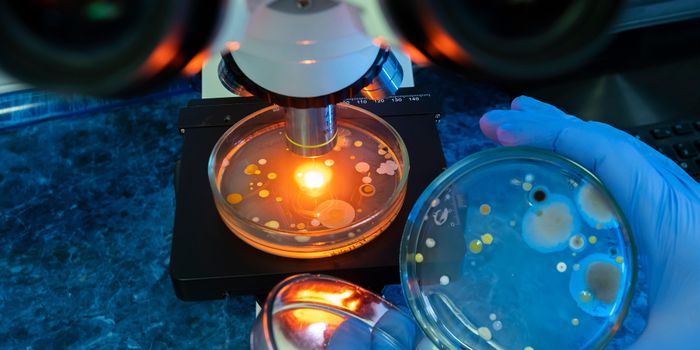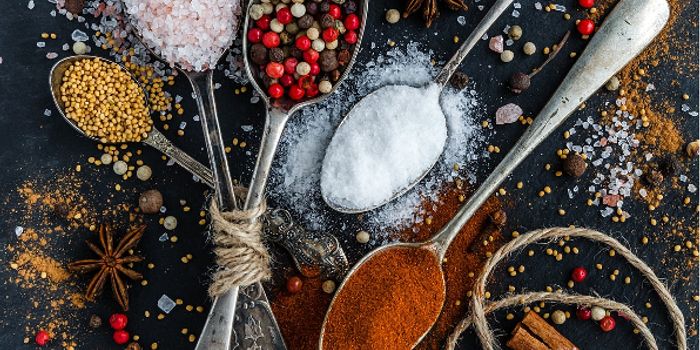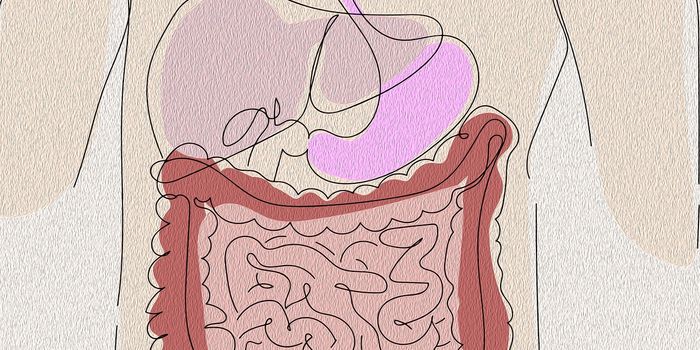Neuroscience
Meet the ‘Wikipedia' for neurons: NeuroElectro
APR 03, 2015 12:35 PM PDT
Share
Artificial Sweeteners May be Making Us Fatter, Not Slimmer
 Talk about irony! Last year, a team of scientists concluded from studies of mice that ingesting artificial sweeteners might actually be making us fatter and sicker.
Talk about irony! Last year, a team of scientists concluded from studies of mice that ingesting artificial sweeteners might actually be making us fatter and sicker.The May 17, issue of Scientific American, entitled "Artificial Sweeteners May Change Our Gut Bacteria in Dangerous Ways," explores these findings as well as other observations about the complex relationships between intestinal bacteria and artificial sweeteners.
An excerpt from the article by Ellen Ruppel Shell appears below. For the complete article visit scientificamerican.com.
Many of us, particularly those who prefer to eat our cake and look like we have not done so, have a love-hate relationship with artificial sweeteners. These seemingly magical molecules deliver a dulcet taste without its customary caloric punch. We guzzle enormous quantities of these chemicals, mostly in the form of aspartame, sucralose and saccharin, which are used to enliven the flavor of everything from Diet Coke to toothpaste. Yet there are worries. Many suspect that all this sweetness comes at some hidden cost to our health, although science has only pointed at vague links to problems.
Last year, though, a team of Israeli scientists put together a stronger case. The researchers concluded from studies of mice that ingesting artificial sweeteners might lead to-of all things-obesity and related ailments such as diabetes. This study was not the first to note this link in animals, but it was the first to find evidence of a plausible cause: the sweeteners appear to change the population of intestinal bacteria that direct metabolism, the conversion of food to energy or stored fuel. And this result suggests the connection might also exist in humans.
In humans, as well as mice, the ability to digest and extract energy from our food is determined not only by our genes but also by the activity of the trillions of microbes that dwell within our digestive tract; collectively, these bacteria are known as the gut microbiome. The Israeli study suggests that artificial sweeteners enhance the populations of gut bacteria that are more efficient at pulling energy from our food and turning that energy into fat. In other words, artificial sweeteners may favor the growth of bacteria that make more calories available to us, calories that can then find their way to our hips, thighs and midriffs, says Peter Turnbaugh of the University of California, San Francisco, an expert on the interplay of bacteria and metabolism.
Source: scientificamerican.com
You May Also Like
Loading Comments...








